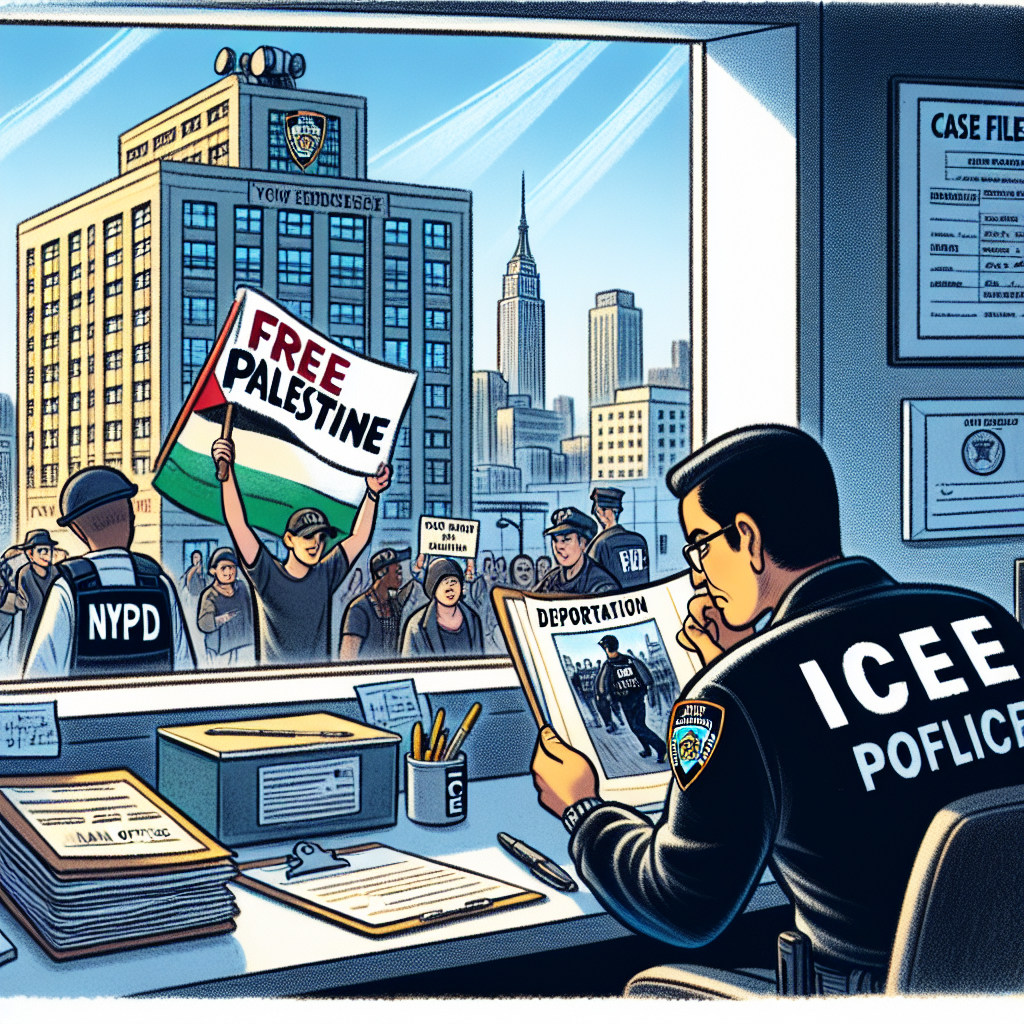NYPD Shared Palestinian Protester’s Details with ICE, Now Key in Deportation Case
NYPD Shared Palestinian Protester’s Details with ICE, Now Key in Deportation Case
Background
The New York Police Department (NYPD) is under scrutiny for sharing the personal details of a Palestinian protester with U.S. Immigration and Customs Enforcement (ICE). This information exchange has become a pivotal element in an ongoing deportation case, raising concerns about privacy and civil rights.
Key Developments
- Information Sharing: The NYPD reportedly provided ICE with details about a Palestinian individual who participated in a protest, which has now become central to a deportation proceeding.
- Legal and Ethical Concerns: The incident has sparked debate over the legality and ethics of local law enforcement sharing information with federal immigration authorities, especially in sanctuary cities like New York.
- Impact on Community Trust: This case has heightened fears within immigrant communities about participating in protests and engaging with law enforcement, potentially eroding trust.
Reactions
The revelation has drawn criticism from civil rights organizations and immigrant advocacy groups, who argue that such practices undermine the principles of sanctuary cities and violate individuals’ rights to privacy and free expression.
Implications
- Policy Review: The incident may prompt a review of policies regarding information sharing between local law enforcement and federal agencies.
- Community Relations: Efforts may be needed to rebuild trust between immigrant communities and law enforcement to ensure public safety and cooperation.
Conclusion
The NYPD’s sharing of a Palestinian protester’s details with ICE has become a focal point in a deportation case, raising significant legal and ethical questions. This situation underscores the delicate balance between law enforcement practices and the protection of civil liberties, particularly in sanctuary cities. The outcome of this case could have lasting implications for policy and community relations.














